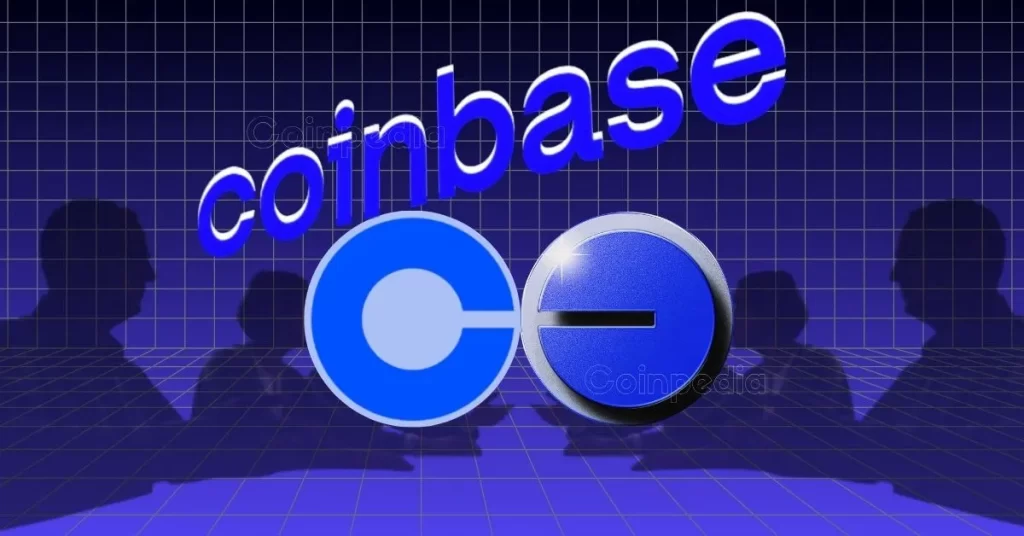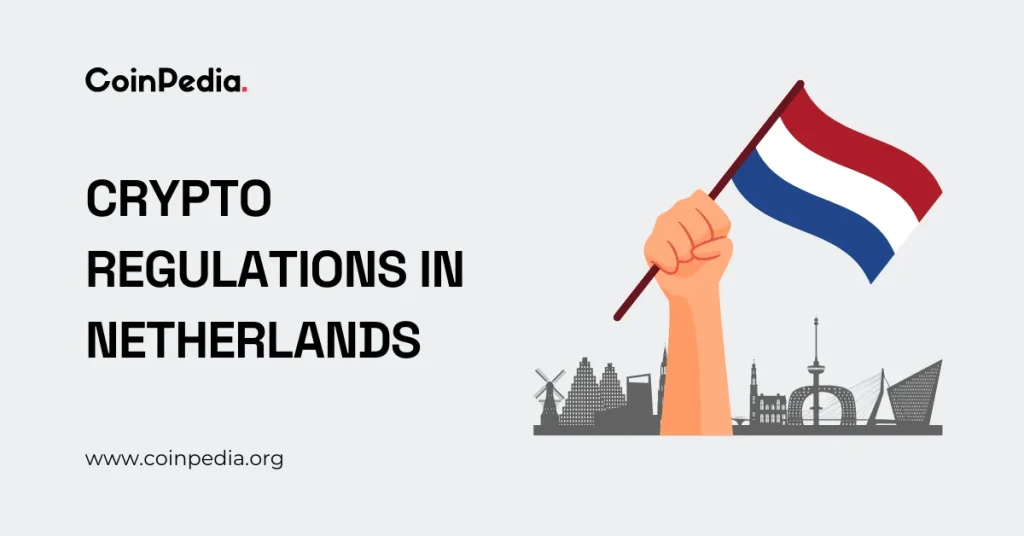Are Nonprofits In The Crypto Space More Trustworthy?

Web3, also known as Web 3.0, is the next version of the internet, to make it more decentralized, transparent, and user-friendly. Unlike today’s internet, which large corporations control, Web3 employs blockchain technology to distribute power among people, making it more transparent and trustworthy. The primary concepts behind Web3 are decentralization, in which no one entity has complete control, and transparency, in which everything is viewable on the blockchain.
Nonprofit organizations are an important aspect of Web3. They are consistent with Web3’s beliefs in prioritizing community benefits above financial gains. By using blockchain technology, these NGOs may become more open and responsible, enabling everyone to see precisely how they function and spend their cash. This helps to foster trust among the individuals they serve.
When you compare Web3 organizations to conventional nonprofits, you will notice some significant distinctions. Both strive to accomplish good without profit, but Web3 NGOs employ blockchain to increase transparency and decentralize decision-making.
Traditional NGOs often have hierarchical systems, which may lead to accountability concerns. Web3 NGOs, on the other hand, may leverage decentralized autonomous organizations (DAOs) to improve democratic governance and community engagement. This helps them remain loyal to their objective and build trust with their fans.
Trustworthiness of Nonprofits vs. Profit-Based Entities
Nonprofits are frequently seen as more trustworthy since they prioritize helping people and addressing issues above generating money. Their primary purpose is to solve social, environmental, or cultural concerns that foster a feeling of integrity and public trust. People think that organizations work in the community’s best interests, and rules compel them to be open and responsible.
For-profit enterprises in the Web3 era seek to maximize shareholder value while making money. They employ blockchain technology to develop innovative goods and services, but their primary objective is profit. This may raise questions about their adherence to ethical behaviors, particularly if gaining money interferes with long-term community well-being.
However, trustworthiness is not black and white. Blockchain technology may improve transparency and accountability in both charity and for-profit organizations. To foster trust, for-profit organizations may use decentralized governance and transparent operations. Similarly, NGOs must carefully manage their financial structures to avoid the same challenges that for-profits confront.
Finally, an organization’s trustworthiness in Web3 is determined by how well its activities correspond with its ideals while maintaining openness, accountability, and a community emphasis.
Benefits of Nonprofits Sharing Revenue with DAOs.
Decentralized Autonomous Organizations (DAOs) are self-governing entities that use blockchain technology to make decisions. In Web3, DAOs provide communities with direct authority over projects and organizations.
When NGOs share money with DAOs, they link their performance with the community’s goals. Nonprofits guarantee that everyone benefits by donating a portion of their revenues to the DAO, fostering a sense of community and motivating individuals to participate and support the organization.
Prom is a Web3 platform that benefits its community while ensuring its own growth. It employs innovative technology to ensure that diverse blockchain networks function seamlessly together, regardless of whether Ethereum-compatible.
Prom’s revenue-sharing strategy exemplifies how a community and its platform may mutually benefit. When consumers lend assets on Prom, they may choose whether to pay a fixed charge or split the earnings. For example, they may agree on a 30/70 split between the lender and the borrower. After the rental time, this agreement distributes the income. This design ensures that lenders and borrowers benefit from the platform’s success.
The Function of Tokenomics and Incentive Structures
Okenomics concerns how blockchain tokens are generated, distributed, and utilized. These tokens are digital assets representing different values or rights in the system.
Good tokenomics in Web3 motivates everyone to participate positively while maintaining the system’s health through optimal token supply, distribution, and utility management.
However, if tokenomics is badly constructed, it might lead to selfish conduct, even in non-profits. Misaligned incentives may cause individuals to behave in their own self-interest rather than for the community’s benefit. For example, if a nonprofit promotes early participants excessively, it may concentrate authority and resources, compromising the organization’s goal and justice.
This may attract those more focused on personal gain, resulting in issues such as token hoarding or fraud. We’ve seen profit-driven corporations build tokenomics for immediate profits, leading token prices to fall after the first boom and undermining faith in Web3. Nonprofits may have similar difficulties, such as DAOs granting greater voting power to individuals with more tokens, enabling the rich to control decisions.
Key Indicators of Trustworthiness
A nonprofit’s structure might reveal a lot about its trustworthiness. Excessive centralized control or a lack of transparency is a red sign. This system may lead to judgments that favor just a few individuals while concealing unethical activity.
Being honest and responsible is critical for establishing confidence. When an organization is transparent about how it runs and who is accountable for what, it reassures everyone involved that things are being done fairly and ethically.
Understanding possible incentives is critical to determining a nonprofit’s genuine purpose. Consider where the money comes from, how it’s spent, and who benefits. Nonprofits that freely disclose financial information and clearly demonstrate how contributions are utilized to promote their goal are more likely to gain the confidence and support of their community.
Centralized Platforms vs. Decentralized Nonprofits
Centralized systems may be problematic since only a few individuals have complete authority, leading to abuse, fraud, and a lack of accountability. Users must believe that the central authority will act in their best interests, yet history demonstrates that this trust may be readily violated, resulting in financial losses.
Decentralized NGOs provide a safer alternative. They employ blockchain technology to provide transparency and allow the community to see and verify all transactions and decisions. This technique distributes power among many individuals, lowering the chance of exploiting money and fostering a trustworthy atmosphere.
For example, Mt. Gox’s failure due to fraud and incompetence demonstrates the risks of centralized control. On the other hand, Prom, a decentralized charity, distributes money to its community and guarantees that all actions are public, exhibiting a trustworthy and secure methodology.
Conclusion
Web3 organizations’ trustworthiness is determined by their openness, structure, and the extent to which their incentives correspond with their missions. While NGOs may seem more trustworthy since they are mission-driven, they might nevertheless encounter challenges if their incentives are not adequately established. It’s critical to examine each business independently.
Trustworthy companies are transparent about their activities and have a framework that promotes accountability and coincides with the community’s interests. This allows you to identify which ones care about their stakeholders.
When analyzing Web3 organizations, don’t only look at their labels. Look for those that have open and community-focused practices. Supporting these groups contributes to a more trustworthy and equitable Web3 environment.





